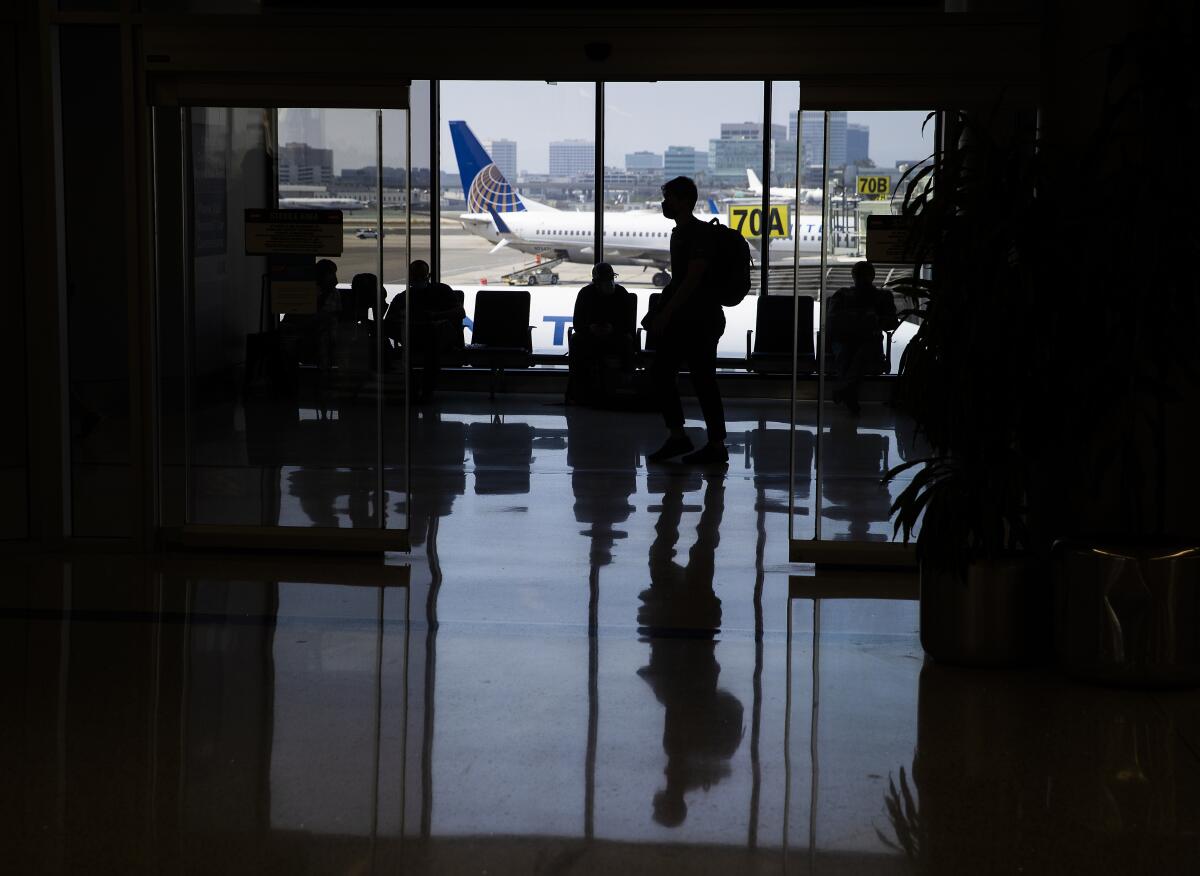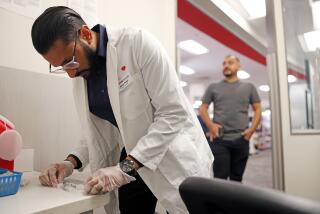Officials raise alarms about another respiratory virus as COVID-19 fades

As COVID-19 fades, officials are warning about a rise of a different respiratory virus — usually a problem in the fall-and-winter cold season — that may be making a comeback as spring fades into summer.
In an advisory issued by the U.S. Centers for Disease Control and Prevention and circulated by Los Angeles County public health officials, authorities warned about the recent rise of RSV, or respiratory syncytial virus, across the southern U.S.
RSV produces similar symptoms to COVID-19, and can cause severe illness not only in older adults but in young children. On an annual basis, RSV leads to 58,000 hospitalizations in children younger than 5, leading to 100 to 500 deaths; and 177,000 hospitalizations in seniors 65 and older, leading to 14,000 deaths, the CDC said.
RSV is the most common cause in babies under age 1 of two types of lung illness: pneumonia, an infection of the lungs, and bronchiolitis, which is an inflammation of the lungs’ small airways. Out of every 100 children younger than six months, one or two need to be hospitalized, and may need to be placed on a mechanical ventilator, according to the CDC.
RSV infections nationwide plunged dramatically about 14 months ago, as states imposed stay-at-home orders due to the emerging COVID-19 pandemic, and RSV levels remained low until about three months ago. But since late March, federal officials reported an increase in RSV cases in parts of the South.
“Due to reduced circulation of RSV during the winter months of 2020–2021, older infants and toddlers might now be at increased risk of severe RSV-associated illness since they have likely not had typical levels of exposure to RSV during the past 15 months,” the CDC said.
Officials urged healthcare providers to increase testing for RSV among patients who are suffering from respiratory disease who test negative for the coronavirus. Authorities also said it’s important for people to stay at home while sick, and that this is especially important for workers in healthcare, child care and long-term care facilities.
In infants younger than six months, RSV symptoms can include irritability, poor feeding, lethargy or apnea — a periodic gasping during sleep — according to the CDC.
Among older infants and young children, symptoms might begin with a runny nose and decreased appetite, followed one to three days later by coughing, and then by sneezing, fever and sometimes wheezing.
In adults, the illness can manifest itself with a runny nose, sore throat, cough, headache, fatigue and fever.
More to Read
Sign up for Essential California
The most important California stories and recommendations in your inbox every morning.
You may occasionally receive promotional content from the Los Angeles Times.












